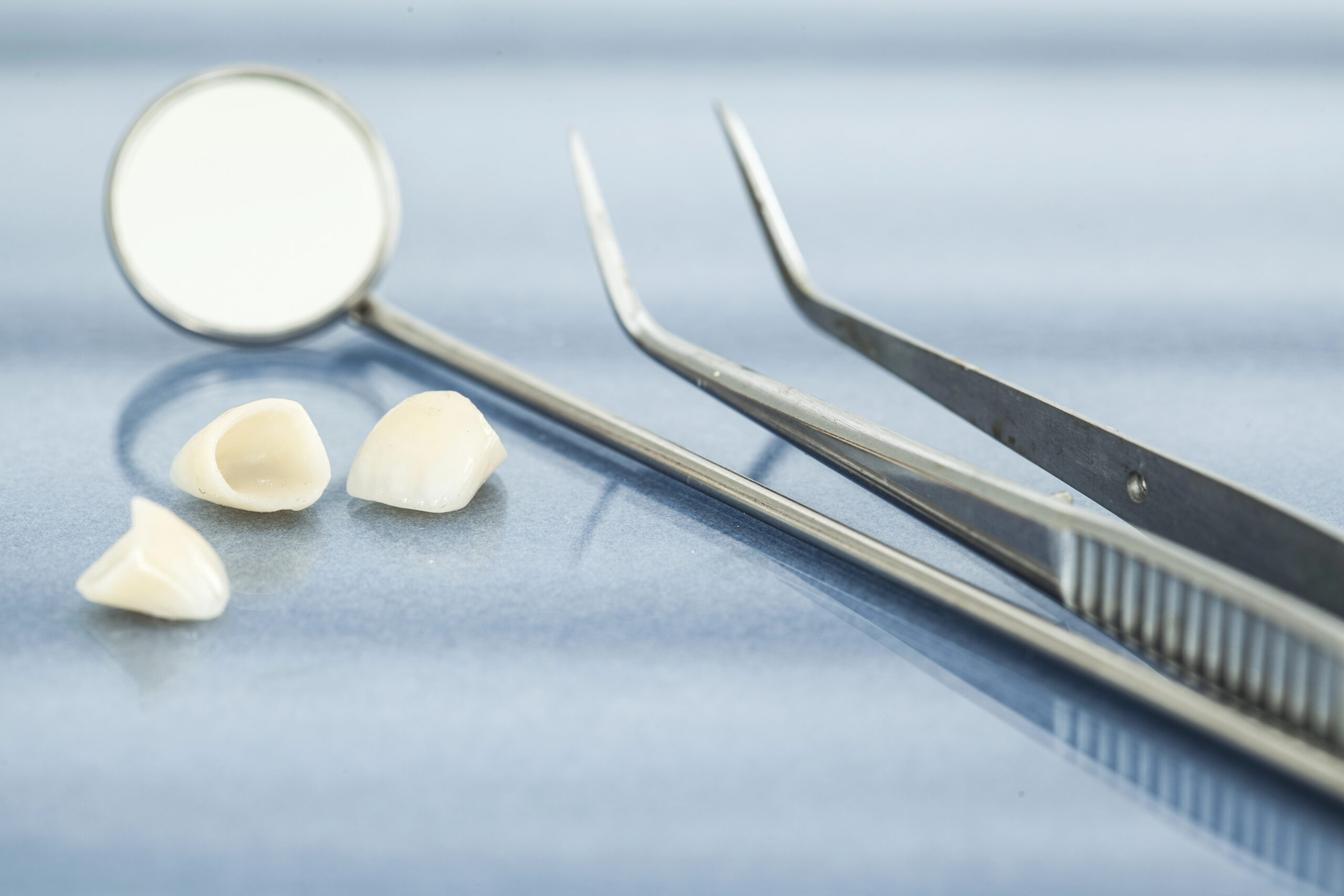Is it Safe to Keep Your Wisdom Teeth?
When we talk about wisdom teeth, sometimes the first thought is extraction. And, while the fact is that removal of wisdom teeth is common, it isn’t necessarily inevitable. Let’s talk...

Dental crowns are one of the most common solutions for restoring damaged teeth. But are they the right choice for you?
Let’s take a closer look at the pros and cons to help you make the right decision.
A dental crown is a custom-made cap designed to cover a damaged or weakened tooth. By restoring the tooth’s exterior structure, crowns improve both its appearance and functionality.
Crowns are often recommended following procedures like root canals or to protect cracked and decayed teeth.
Dental crowns aren’t just cosmetic; they serve functional purposes that can protect and enhance your oral health. Here are some of their advantages:
Crowns restore strength and function to teeth affected by decay, cracks, or large fillings. Chewing, speaking, and smiling feel more natural once the crown is in place.
A crown protects vulnerable teeth, preventing further cracks, decay, or issues that might require extraction down the line.
While the outer portion of a tooth is removed to fit a crown, the center and root remain intact, preserving part of the tooth and also preventing jaw degeneration.
For patients with discolored or misshapen teeth, crowns can dramatically improve the appearance of their smile, providing a natural look that blends in with surrounding teeth.
Unlike certain dental devices like full or partial dentures, a crown is fix and non-removable, making actions like chewing and speaking feel more natural.
Crowns are designed to withstand daily wear and tear, lasting between 5-15 years with proper care.
While we consider crowns a great option, there are a few things to consider when comparing them with other alternatives, such as tooth extraction and dental implants.
Crowns can be expensive, especially if your insurance doesn’t cover the full cost. An extraction can be less costly. But because an extraction can result in loss of function and jaw degeneration, we recommend looking into insurance and financing options.
Traditional dental crowns require multiple visits. The tooth must first be prepped and a temporary crown placed while your permanent one is fabricated, a process that can take weeks.
Some patients experience tooth sensitivity after crown placement. While this often resolves over time, it can be uncomfortable in the short term.
Certain types of crowns chip or loosen, requiring repairs or replacement. Again, for traditional crowns, this can be a nuisance.
As we mentioned, traditional crowns can be time-consuming, but there is a more efficient solution: CEREC crowns.
CEREC crowns are created and placed in just one visit. Using digital imaging and specialized on-site machinery, your custom crown is fabricated right in your dentist’s office! This eliminates the need for temporary crowns or multiple appointments.
CEREC crowns are ideal for patients seeking a quick, reliable solution without compromising quality. They’re especially suitable for those with busy schedules or those who want to avoid the hassle of temporary crowns. Because they preserve some of the tooth structure, they also prevent bone loss in the jaw when compared to tooth extraction, and they are more affordable than dental implants.
Interested in same-day crowns? Contact us today to book an appointment!